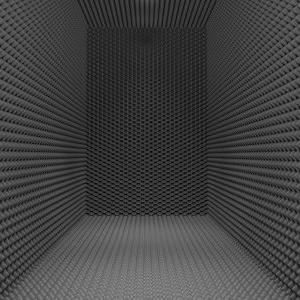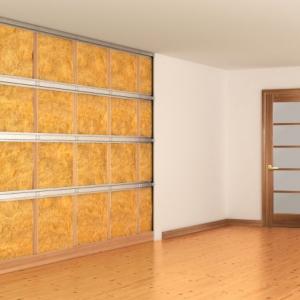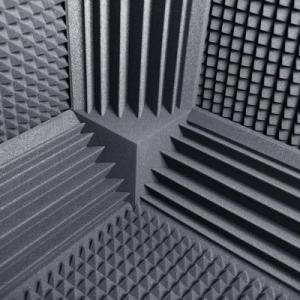Soundproofing: Denver
Soundproofing in Denver
Get help with Soundproofing in Denver. Fill out the form above and we will connect you with local Denver pros. Soundproofing offers a multitude of advantages that can greatly enhance your living or working environment. Firstly, it helps to create a peaceful and tranquil space by minimizing external noise disturbances, allowing you to focus on your tasks or enjoy moments of relaxation undisturbed. Additionally, soundproofing can improve the overall acoustics of a room, ensuring that the sound quality is optimized for activities such as music production or home theater experiences. By reducing noise transfer between rooms, soundproofing also promotes privacy and confidentiality, particularly in office spaces or shared living areas. Moreover, it can contribute to energy efficiency by providing insulation against external sounds, reducing the need for excessive heating or cooling. Overall, investing in soundproofing can significantly enhance the comfort and functionality of your space, making it a worthwhile consideration for anyone seeking a quieter and more enjoyable environment.Soundproofing FAQ
Q: How Effective Is Soundproofing In Reducing Noise From Outside Sources?
Answer: Soundproofing can be highly effective in reducing noise from outside sources, as it helps to block, absorb, or dampen sound waves, minimizing their impact on the interior environment.Q: What Are Some Common Misconceptions About Soundproofing And How Can They Be Debunked?
Answer: Some common misconceptions about soundproofing include the belief that it can completely eliminate all noise, that it is only necessary for music studios or theaters, and that it is prohibitively expensive. These misconceptions can be debunked by explaining that soundproofing can significantly reduce noise but not eliminate it entirely, that it is beneficial for any space where noise control is desired, and that there are cost-effective soundproofing solutions available for different budgets.Q: Are There Any DIY Soundproofing Methods That Can Be Easily Implemented?
Answer: Yes, there are several DIY soundproofing methods that can be easily implemented. Some common techniques include using weatherstripping or draft stoppers to seal gaps around doors and windows, using heavy curtains or acoustic panels to absorb sound, adding rugs or carpets to absorb impact noise, and using soundproofing paint or wallpaper on walls.Q: Can Soundproofing Be Used To Improve Acoustics Within A Room Or Space?
Answer: Yes, soundproofing can be used to improve acoustics within a room or space. By reducing the amount of external noise entering the room and minimizing sound reflections, soundproofing materials can enhance the overall sound quality and clarity within the space.Soundproofing is the process of reducing or eliminating sound transmission between spaces. It involves the use of various materials and techniques to block, absorb, or dampen sound waves, preventing them from traveling through walls, floors, or ceilings. Soundproofing is commonly used in residential, commercial, and industrial settings to create quieter and more comfortable environments. It can be achieved through the installation of soundproof windows, doors, insulation, acoustic panels, and sound barriers. Soundproofing helps to minimize noise pollution, improve privacy, enhance concentration, and create a more peaceful atmosphere.



